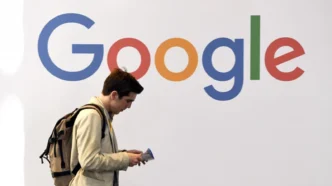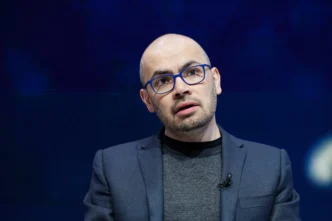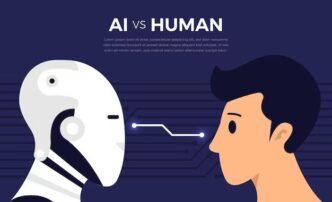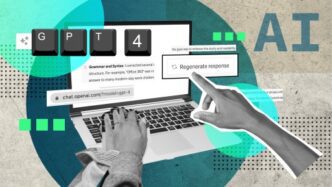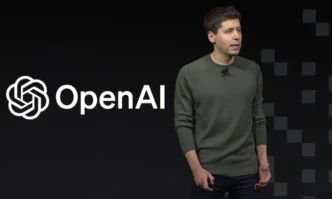Google is officially adopting Anthropic’s Model Context Protocol (MCP), a growing standard for linking AI models with external data sources. The move follows OpenAI’s recent announcement to support the same protocol, signaling a broader industry shift toward more interoperable AI systems.
Google DeepMind CEO Demis Hassabis shared the update on X, confirming that Google’s Gemini models and software development kit (SDK) will soon integrate MCP. Although no rollout date was given, Hassabis described the protocol as “rapidly becoming an open standard for the AI agentic era.”
What Is Model Context Protocol?
MCP is designed to bridge the gap between AI models and the data they need to operate effectively. It allows AI systems to pull in real-time information from business tools, databases, content repositories, and even app development platforms.
This two-way integration empowers developers to build smarter AI agents and applications. For example, chatbots can fetch specific user data from CRMs, or automation tools can tap into document libraries without manual input.
By supporting MCP, Google enables its AI ecosystem to work more seamlessly with enterprise data systems. Developers can now build “MCP clients” — like apps and workflows — that connect directly to “MCP servers,” which serve up relevant data on command.
Growing Industry Support for MCP
Anthropic open-sourced the protocol earlier this year, and adoption has quickly gained momentum. Companies like Block, Replit, Apollo, Codeium, and Sourcegraph have already embraced MCP, embedding it into their platforms to streamline AI integration.
Now with both Google and OpenAI on board, MCP is emerging as a foundational standard for AI connectivity. This move not only simplifies how AI interacts with external data but also lays the groundwork for more collaborative AI agents capable of completing complex tasks across multiple systems.
Hassabis emphasized collaboration in his announcement, saying he looks forward to working with the MCP team and others across the AI space to evolve the protocol further.
